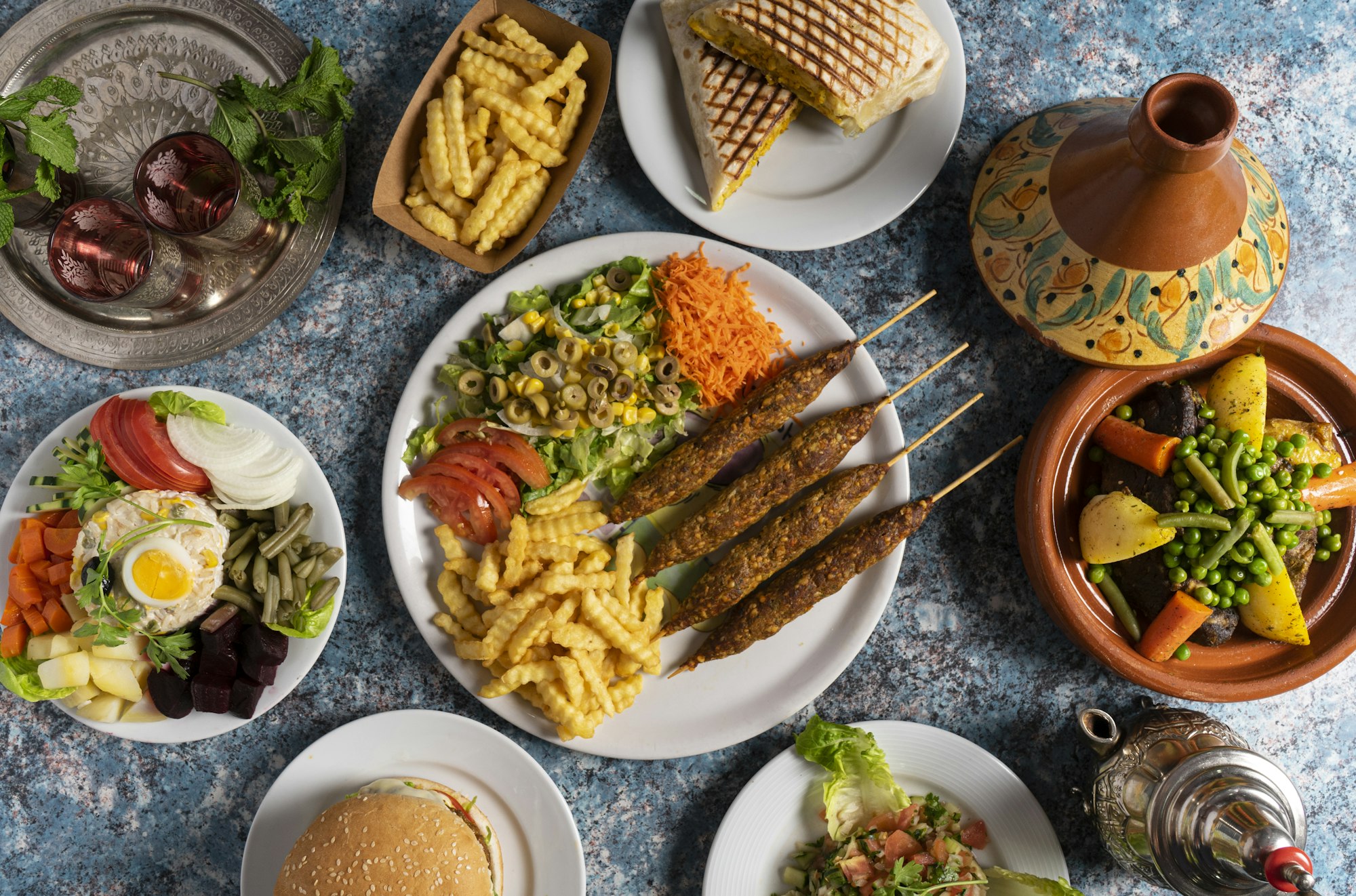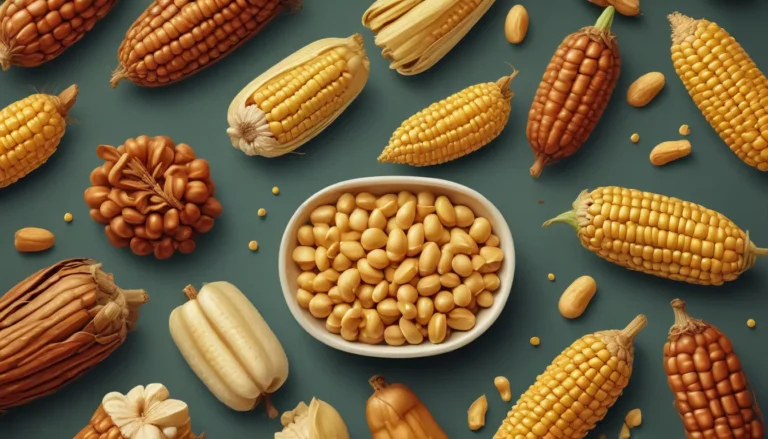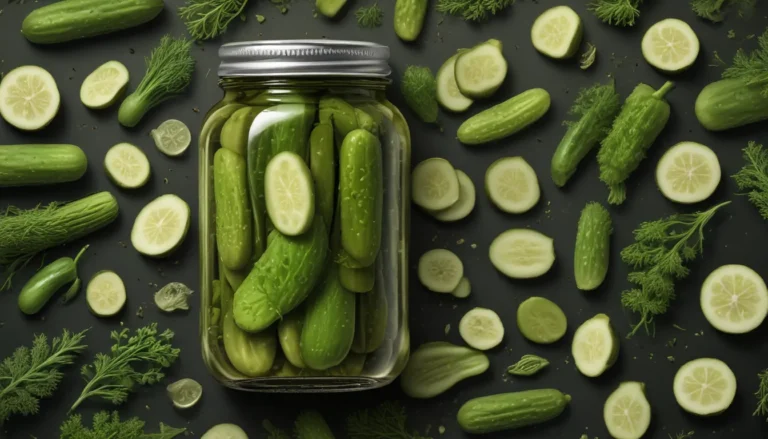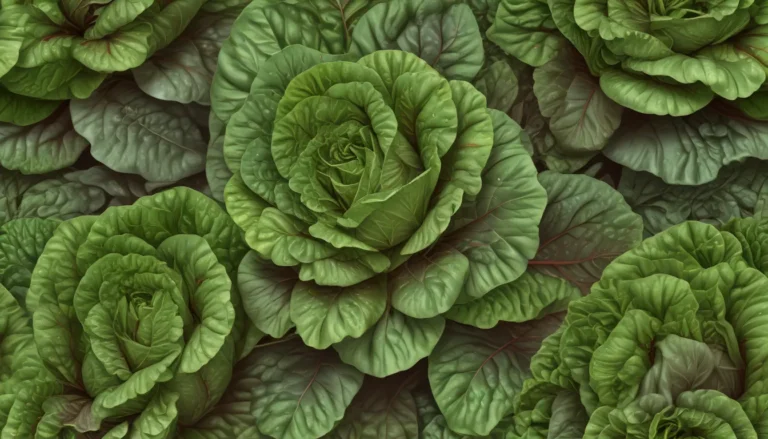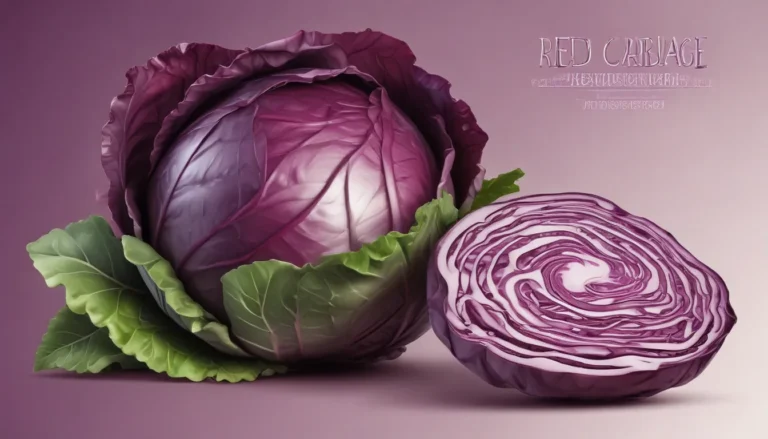The pictures in our articles might not always show exactly what the text is talking about. We use these images to make the article more interesting and eye-catching. They are there to add to the text, but not to replace it or show every detail.
Are you ready to embark on a culinary journey through the vibrant world of Moroccan cuisine? Get ready to tantalize your taste buds with these fascinating facts about Moroccan food that will leave you craving for more. From aromatic spices to unique cooking techniques, Moroccan cuisine is a delightful fusion of flavors and traditions that will transport you to the bustling streets of Marrakech.
In this article, we'll explore ten captivating facts about Moroccan food that showcase its rich cultural heritage and mouthwatering dishes. Whether you're a food enthusiast or simply curious about international cuisines, these insights will give you a deeper appreciation for the culinary wonders of Morocco. So, let's dive in and discover what makes Moroccan food so special!
1. A Melting Pot of Culinary Influences
Moroccan cuisine is a true testament to the country's diverse cultural heritage. It's a delightful fusion of Arab, Berber, and Mediterranean influences, resulting in a unique and vibrant culinary experience. This blend of cultures is evident in every aspect of Moroccan food, from the ingredients used to the cooking techniques employed.
The Arab influence brings aromatic spices and sweet-savory combinations, while Berber traditions contribute hearty stews and grilled meats. Mediterranean influences add fresh vegetables, olive oil, and herbs to the mix. This harmonious combination of culinary traditions creates a rich tapestry of flavors that sets Moroccan food apart from other cuisines.
2. The Spice of Life: Moroccan Flavor Profiles
One of the most striking facts about Moroccan food is its bold and diverse flavor profile. Moroccan cuisine is renowned for its generous use of spices, which add depth and complexity to dishes. Some of the key spices you'll find in Moroccan cooking include:
- Cumin
- Coriander
- Turmeric
- Cinnamon
- Paprika
- Saffron
These spices are often combined to create unique blends, such as the famous Ras el Hanout, which can contain up to 30 different spices. The result is a symphony of flavors that dance on your palate, creating an unforgettable culinary experience.
3. Tagine: The Heart of Moroccan Cooking
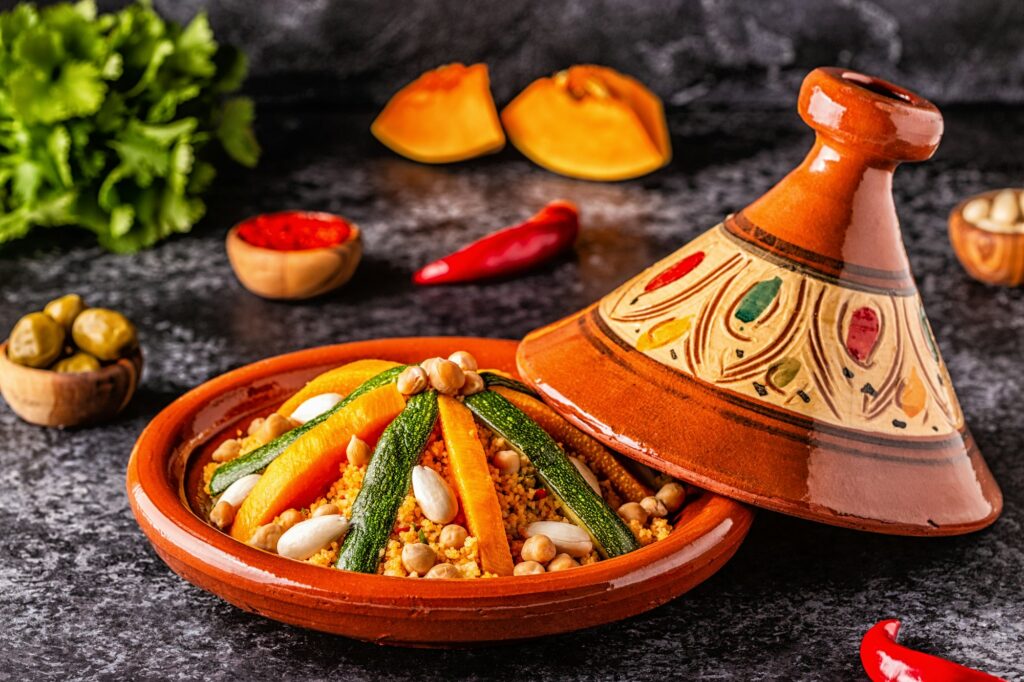
No discussion of Moroccan food would be complete without mentioning the iconic tagine. This traditional dish is named after the conical earthenware pot in which it's cooked. The tagine's unique design allows for slow cooking, which results in tender, flavorful meats and vegetables.
Tagine dishes typically include a combination of:
- Meat (such as lamb, beef, or chicken)
- Vegetables
- Aromatic spices
- Dried fruits or olives
The slow cooking process allows the flavors to meld together, creating a rich, savory stew that's bursting with flavor. Tagine is not just a dish; it's a cooking method that's central to Moroccan cuisine and culture.
4. Couscous: The Versatile Staple
Couscous is another cornerstone of Moroccan cuisine. This tiny pasta made from semolina wheat is light, fluffy, and incredibly versatile. It's often served as a base for stews or as a side dish, absorbing the flavors of the accompanying ingredients.
In Moroccan culture, couscous is more than just a food item; it's a symbol of prosperity and blessings. Traditionally, it's served on Fridays as a communal dish, bringing families and friends together to share a meal. The preparation of couscous is an art form in itself, with skilled cooks taking pride in achieving the perfect texture and flavor.
5. Mint Tea: Morocco’s Liquid Gold
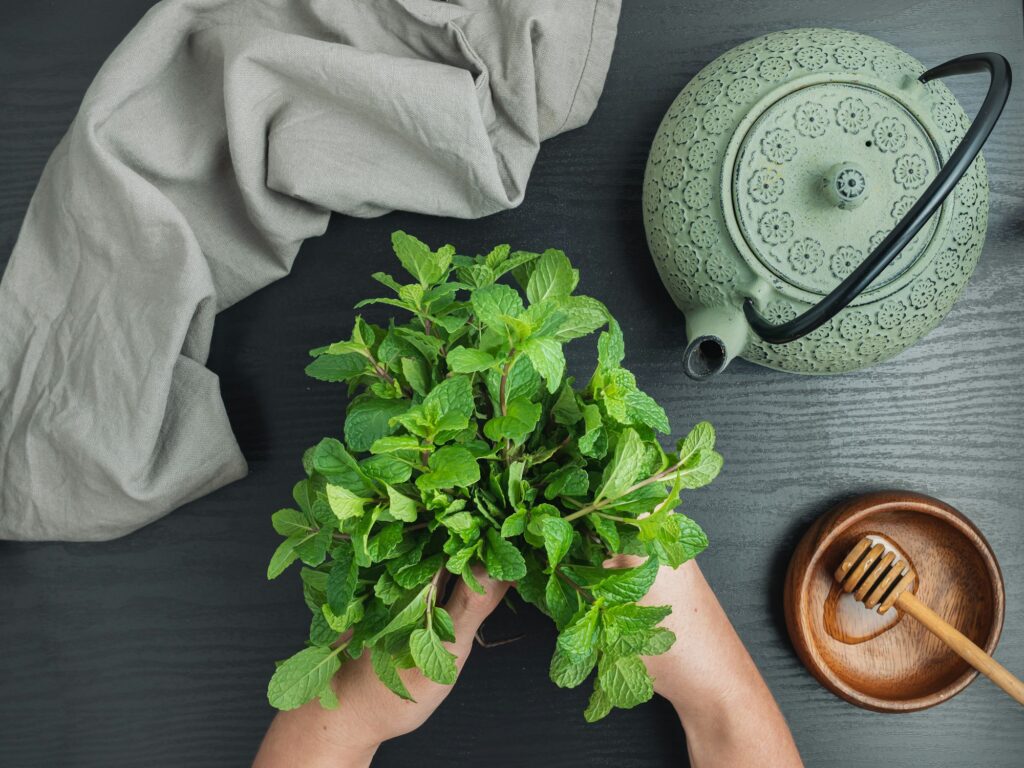
When it comes to beverages, mint tea reigns supreme in Morocco. Often referred to as "Moroccan whiskey" (despite being non-alcoholic), this refreshing drink is a symbol of hospitality and is served throughout the day. The preparation and serving of mint tea is a ritual in itself, often performed with great ceremony.
Moroccan mint tea is a blend of:
- Green tea
- Fresh mint leaves
- Sugar
The tea is typically served in small, ornate glasses and poured from a height to create a frothy top. It's not just a drink; it's a social experience that embodies the warmth and hospitality of Moroccan culture.
6. Street Food: A Culinary Adventure
Morocco's street food scene is a treasure trove of flavors waiting to be explored. From bustling medinas to quiet alleyways, you'll find an array of tantalizing treats that offer a quick and delicious taste of Moroccan cuisine. Some popular street food items include:
- Grilled kebabs
- Falafel
- Moroccan pancakes (msemen)
- Harira (a hearty soup)
- Snail soup (a local delicacy)
These street food delights not only provide a quick meal but also offer insight into the everyday eating habits of Moroccans. They're a testament to the country's culinary creativity and the importance of food in daily life.
7. The Perfect Balance of Sweet and Savory
One of the most intriguing facts about Moroccan food is its masterful balance of sweet and savory flavors. This unique combination is evident in many traditional dishes, where fruits like apricots, dates, or prunes are often paired with meats and savory spices.
This sweet-savory balance is perfectly exemplified in dishes like:
- Chicken with preserved lemons and olives
- Lamb tagine with prunes and almonds
- B'stilla (a savory-sweet meat pie dusted with cinnamon and sugar)
This harmonious blend of flavors creates a complex and satisfying taste experience that's distinctly Moroccan.
8. Communal Dining: A Social Experience
In Morocco, eating is not just about nourishment; it's a social experience that brings people together. Communal dining is an essential aspect of Moroccan food culture. Large, shared plates are placed in the center of the table, and diners gather around to enjoy the meal together.
This style of eating fosters a sense of community and encourages conversation. It's common for families and friends to spend hours around the table, savoring not just the food but also each other's company. This emphasis on communal dining reflects the importance of hospitality and social bonds in Moroccan culture.
9. Preserving Tradition: Slow Food Movement
While many cultures have embraced fast food, Morocco remains a bastion of slow cooking. Many traditional Moroccan dishes require hours of preparation and slow cooking, allowing flavors to develop fully. This dedication to slow food is not just about taste; it's about preserving culinary traditions and techniques passed down through generations.
Dishes like tagine and couscous are prime examples of this slow food philosophy. The time and care put into preparing these dishes result in meals that are not only delicious but also deeply connected to Moroccan heritage.
10. Healthy and Nutritious: The Mediterranean Influence
Last but not least, it's worth noting that Moroccan cuisine shares many healthy attributes with Mediterranean diets. The abundant use of:
- Fresh vegetables
- Olive oil
- Lean meats
- Whole grains
- Herbs and spices
These ingredients contribute to a diet that's not only flavorful but also nutritious. The emphasis on fresh, whole foods and balanced meals makes Moroccan cuisine a healthy option for those looking to explore new flavors without compromising on nutrition.
Conclusion: A Culinary Journey Worth Taking
These ten facts about Moroccan food barely scratch the surface of this rich and diverse cuisine. From the aromatic spices to the communal dining experiences, Moroccan food offers a culinary adventure that engages all the senses. It's a cuisine that tells the story of Morocco's history, culture, and people through its flavors and traditions.
Whether you're planning a trip to Morocco or simply want to explore new flavors in your own kitchen, Moroccan cuisine offers a world of delicious possibilities. So why not embark on your own Moroccan culinary journey? Try cooking a tagine, brew a pot of mint tea, or seek out a local Moroccan restaurant. Your taste buds will thank you for the flavorful adventure!
